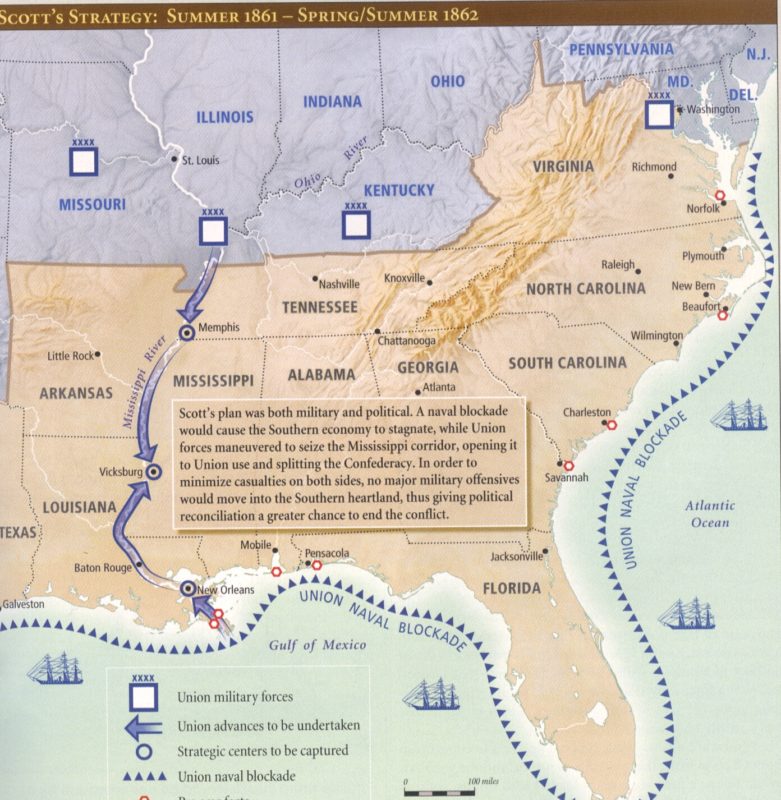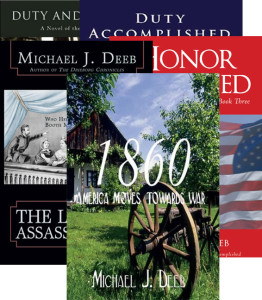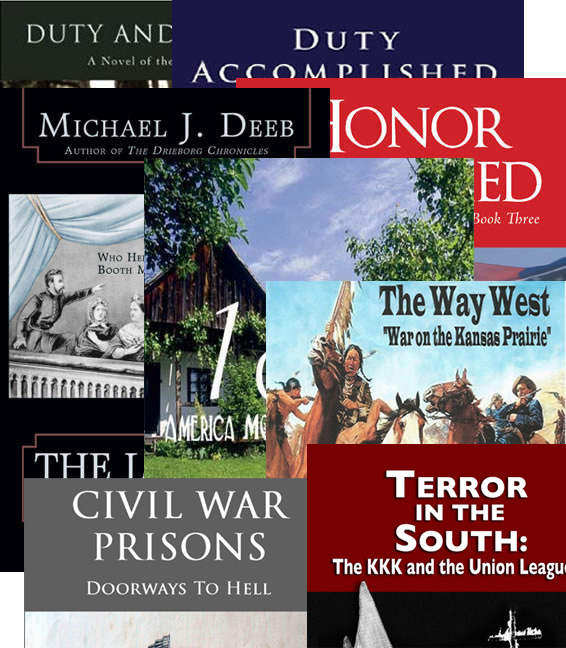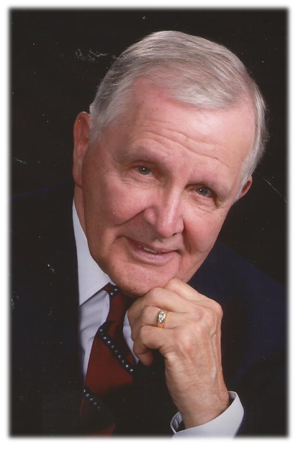Trading With the Enemy
The Importance of Cotton in the North
In 1861, the South’s cotton was not only essential to the operation of New England,s mills, but also essential for the employment of tens of thousands of northern workers.
But an integral part of Union war strategy was to blockade the South’s ports. The blockade would deny the Confederate States of America the ability to export cotton and thus earn funds they needed to buy war material, and other goods they could not produce in their country. In addition, England needed cotton for it’s mills too. Southern cotton might just nudge them to recognize the Confederacy.
Thus, a dilemma. What to do about the need for the South’s cotton in New England as well as Great Britain ?
During July of 1861, Congress gave the president and the Treasury Secretary the right to issue, “such trading licenses as the public good might require.”
Very quickly, President Lincoln and his administration saw that they had virtually lost control of the situation. Cotton permits were sold on the streets of New York, soldiers were bribed, traders were blackmailed, and Treasury agents were quickly involved in the illegal cotton trade. The Secretary of War’s office reported that the thirst for cotton had corrupted and demoralized the army in the West, too.
General Sherman, with his headquarters in Memphis, complained that the sale of cotton north from the area under his command had resulted in the large supply of arms delivered to the Confederacy.
General Butler, arrived in New Orleans with a net worth of less than $250,000. He left a year later worth over one million dollars. A prominent Massachusetts abolitionist convinced Lincoln to liberalize between-the-lines cotton trading, saying “… we must have cotton.”
Butler was transferred from New Orleans to Norfolk. He just took his family members with him. There he set up his corrupt system. It was through his area that most of Lee’s supplies came until the end of the war.
Go to www.civilwrnovels.com to purchase books. 


 A Great Read! I couldn’t put this book down once I got started. The detail was great and I really like the main character, Michael. Knowing that so much research went into this book made it exciting to read!
A Great Read! I couldn’t put this book down once I got started. The detail was great and I really like the main character, Michael. Knowing that so much research went into this book made it exciting to read!